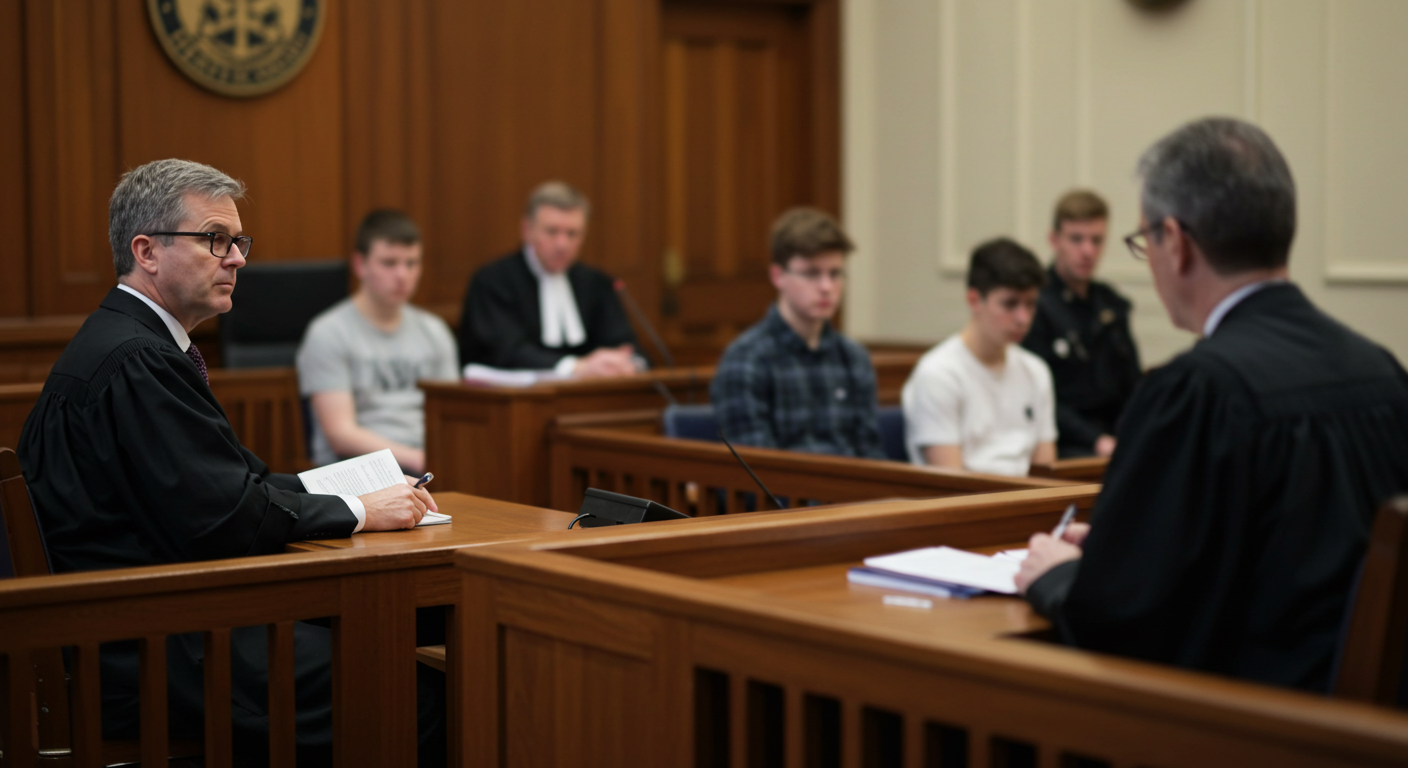Exploring the Role of Victims in Bail Condition Modifications in England

Exploring the Role of Victims in Bail Condition Modifications in England
In the English legal system, the question of whether a victim can request the removal of bail conditions imposed on an accused person is complex and nuanced. This article aims to shed light on the role of victims in bail condition modifications and the legal mechanisms surrounding such requests in England.
Understanding Bail Conditions

- Purpose of Bail Conditions: Bail conditions are set by the court to ensure that an accused person attends their court hearings and does not commit further offenses or interfere with witnesses, including the victim.
- Common Bail Conditions: These may include restrictions on contacting the victim, residing at a particular address, surrendering a passport, or reporting to a police station.
The Victim’s Voice in Bail Conditions
- Initial Input: Victims are sometimes consulted during the bail process, particularly regarding conditions related to their protection (such as no-contact orders).
- Victim’s Rights: While victims have certain rights and can express concerns about their safety, the ultimate decision on bail conditions lies with the court.
Can a Victim Request Removal of Bail Conditions?

- Direct Requests: A victim can express a wish for bail conditions to be altered or removed. This is typically done through the police or the Victim’s Liaison Unit if the case is being handled by the CPS.
- Consideration of Request: The police or CPS can consider the victim’s request, but the final decision to apply for a change in bail conditions rests with them and is ultimately decided by the court.
Factors Considered in Modifying Bail Conditions
- Risk Assessment: Any change in bail conditions requires a careful assessment of the risks, including the potential threat to the victim and the community.
- The Nature of the Offense: The seriousness of the alleged offense and the circumstances surrounding it are critical considerations.
- Accused’s Compliance: The history of the accused’s compliance with current bail conditions can also influence decisions.
The Role of the Court

- Final Decision Maker: The court has the final say on whether to modify, remove, or maintain bail conditions. The judge will consider various factors, including the victim’s request, the accused’s circumstances, and public safety concerns.
- Legal Representation: Both the prosecution and the defense can present arguments for or against the modification of bail conditions during a court hearing.
Importance of Legal and Support Services
- Support for Victims: Victims should seek support from victim services and legal advice to understand their rights and the implications of changing bail conditions.
- Representation for the Accused: The accused should have legal representation to advocate on their behalf regarding bail conditions.
Conclusion: Exploring the Role of Victims in Bail Condition Modifications in England

In England, while victims can request the removal or alteration of bail conditions, the decision ultimately rests with the legal authorities and the court. Such requests are taken seriously but are balanced against risk assessments and the broader interests of justice.
The involvement of legal professionals and support services is crucial in ensuring that the interests and safety of all parties are adequately considered in the bail decision-making process.
Notice: Informational Content Disclaimer
The content provided on this website, including articles, blog posts, and other informational materials, is intended for general informational purposes only. It is not intended as, and should not be considered, legal advice.
Visitors to this website should be aware that the information presented here is not a substitute for seeking legal advice from a qualified solicitor or legal professional. Each individual's legal situation is unique, and the information provided may not be applicable to specific circumstances.
If you require legal advice or have specific legal questions, we encourage you to contact us directly. Our experienced team of solicitors is here to assist you with your legal needs and provide tailored advice to address your concerns.
Please be advised that any communication through this website, including the use of contact forms or email, does not create a solicitor-client relationship. Confidential or time-sensitive information should not be sent through this website. To establish a solicitor-client relationship and discuss your legal matters in detail, please contact us for a consultation.
We strive to provide accurate and up-to-date information, but we make no representations or warranties regarding the accuracy, completeness, or suitability of the information contained on this website. We shall not be liable for any reliance placed on the information provided herein.
Thank you for visiting our website. We look forward to the opportunity to assist you with your legal needs.




